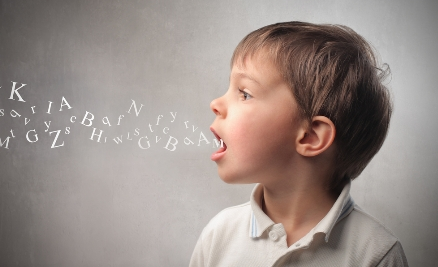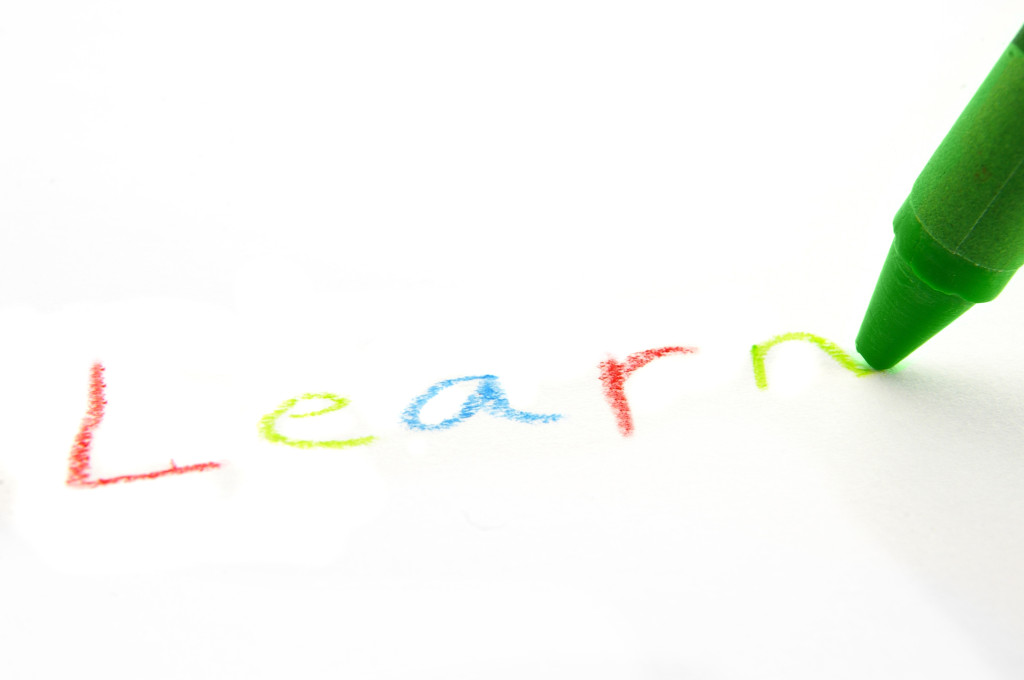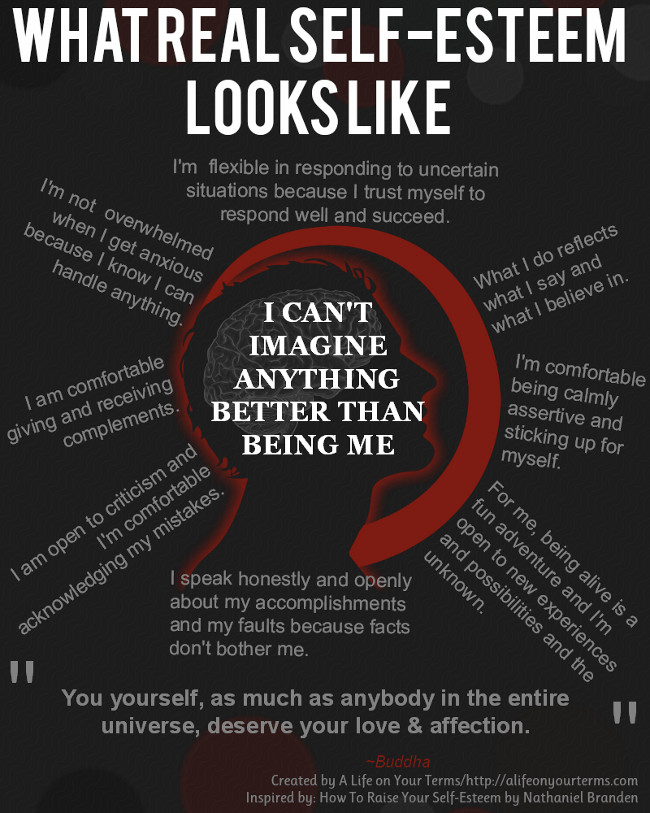Speech and language articulation is the process by which a person forms words. This is done with different parts of the mouth, jaw, tongue, lips, palate and teeth. A child is considered to have an articulation disorder is if he or she is unable to produce the right sounds to communicate clearly and effectively. Articulation disorders are generally characterized by substituting one sound for another (wide for ride), omitting a particular sound (ban for band) or distorting a sound (sip for ship). Young children often make speech errors, however if these continue past a certain age, they are considered articulation disorders. Children by the age of 8 should be able to produce all sounds in English correctly.





